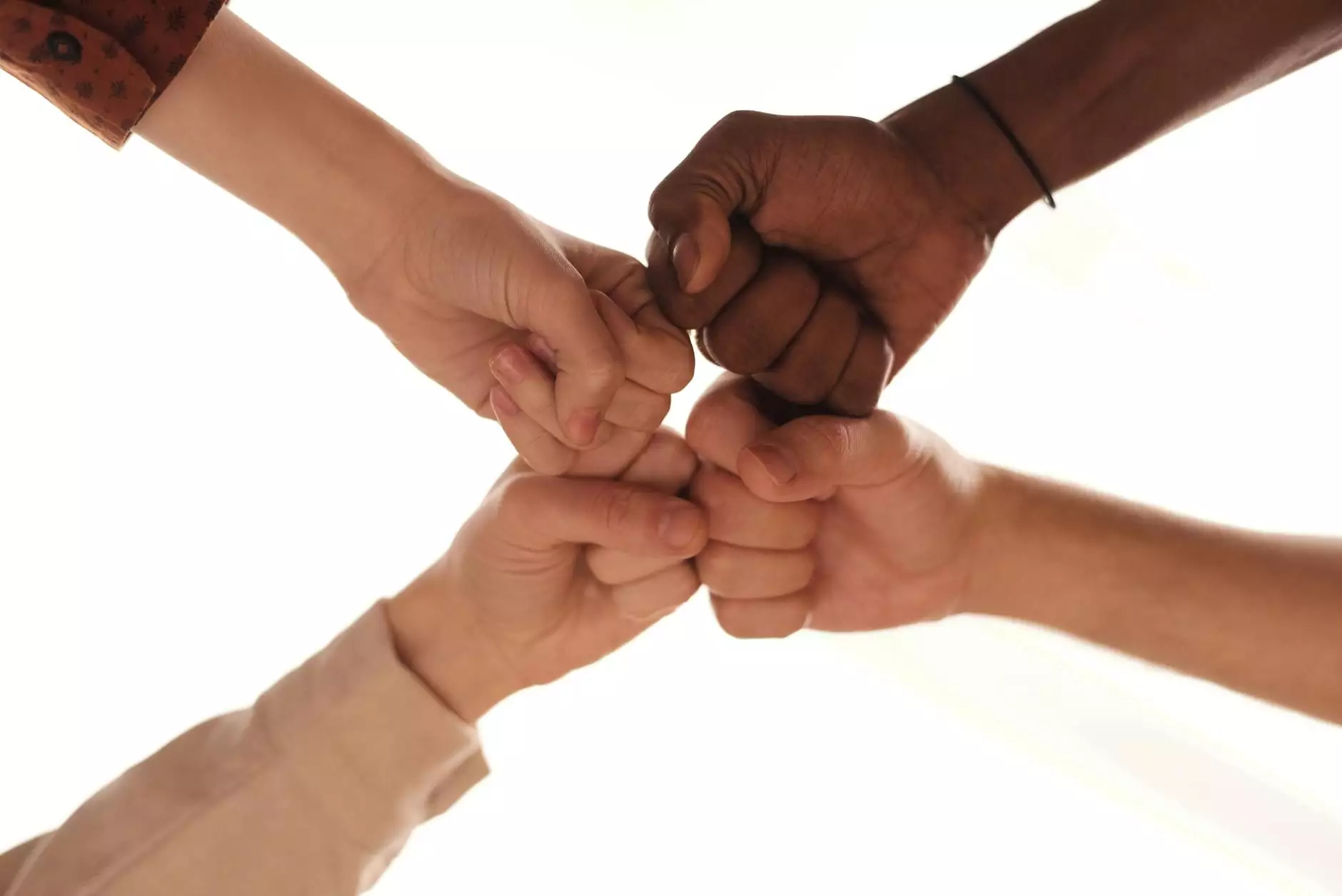Embracing Community: The Importance of Synagogues and Religious Organizations

In today's fast-paced world, the role of synagogues and religious organizations is more vital than ever. These institutions serve as crucial hubs of community engagement, spiritual growth, and social support, promoting values that enrich the lives of their members. At the forefront of this movement is Zion NYC, a beacon of hope and connection for many. This article delves into the significance of these organizations, highlighting how they empower individuals and foster a sense of belonging.
The Historical Significance of Synagogues
Synagogues have been central to Jewish life for centuries, serving not only as places of worship but also as community centers and educational spaces. Historically, these institutions have played a critical role in preserving Jewish culture, traditions, and values. They are where the community gathers for prayer, learning, and social interaction, fostering a deep sense of identity and continuity.
Community Engagement and Support
One of the key functions of synagogues like Zion NYC is to provide a platform for community engagement. They offer programs that cater to various demographics, including children, youth, adults, and seniors. These programs often include:
- Educational Workshops and Classes: Aimed at teaching members about religious texts, values, and practice.
- Social Action Initiatives: Many synagogues engage in charitable works, promoting social justice and helping those in need.
- Cultural Events: Celebrating holidays, festivals, and other community events that reinforce ties among members.
The Spiritual Journey
For many individuals, synagogues are a place of personal and spiritual growth. Prayer services, meditation sessions, and spiritual counseling are integral components that help members navigate life's challenges. The connections formed here lead to lifelong relationships, providing emotional support during critical times.
The Role of Religious Organizations in Modern Society
Religious organizations extend beyond the confines of traditional worship. In a rapidly changing world, they adapt to the needs of their members, creating inclusive environments that welcome diversity. This adaptability is evident in the various programs created to address contemporary issues such as mental health, societal inequality, and interfaith dialogue.
Interfaith Initiatives: Building Bridges
In an increasingly multicultural society, interfaith initiatives have gained momentum. Synagogues and religious organizations are at the forefront of these efforts, promoting dialogue and understanding among different faiths. Through collaborative events, community service projects, and educational programs, they foster respect and coexistence, which are essential in today’s global landscape.
The Impact of Technology on Religious Organizations
The rise of digital technology has transformed the way synagogues and religious organizations engage with their communities. Virtual services, online study groups, and social media outreach allow these institutions to connect with a broader audience, breaking geographical barriers. This technological embrace ensures that spiritual experiences are accessible, especially for those unable to attend in person.
Local Community Outreach and Service
Community service initiatives are a hallmark of synagogues like Zion NYC. These organizations encourage members to actively participate in outreach programs that tackle local issues. Examples include:
- Food Drives: Collecting and distributing food to those in need within the community.
- Mentorship Programs: Pairing younger individuals with experienced mentors for guidance and support.
- Health Awareness Campaigns: Offering health screenings, workshops, and resources to promote wellness.
Fostering Youth Engagement and Education
Engaging youth in religious and community activities is crucial for sustaining the future of synagogues and religious organizations. Programs tailored for young people—like youth groups, summer camps, and educational workshops—instill core values and foster leadership skills. By involving the younger generation, synagogues ensure the continuity of their missions and strengthen future community ties.
The Future of Synagogues and Religious Organizations
As society evolves, so too do the roles of synagogues and religious organizations. The flexibility and commitment to meet modern challenges will define their future. Organizations must remain open to change, continually asking how they can better serve their communities while staying rooted in tradition.
In conclusion, synagogues and religious organizations play an indispensable role in fostering community, promoting spiritual growth, and serving societal needs. They provide a sanctuary for individuals seeking connection, support, and guidance. Institutions like Zion NYC exemplify these values, demonstrating how such organizations can adapt, evolve, and lead in enhancing the quality of life for their members and the broader community.
Final Thoughts
As we reflect on the importance of synagogues and religious organizations, let us embrace their core message of community, compassion, and action. Whether through participation in events, support for local outreach, or simply being present in worship, each of us has the power to contribute to this vital mission. Together, we can ensure that these institutions continue to thrive and make meaningful impacts for generations to come.
https://zion.nyc/


